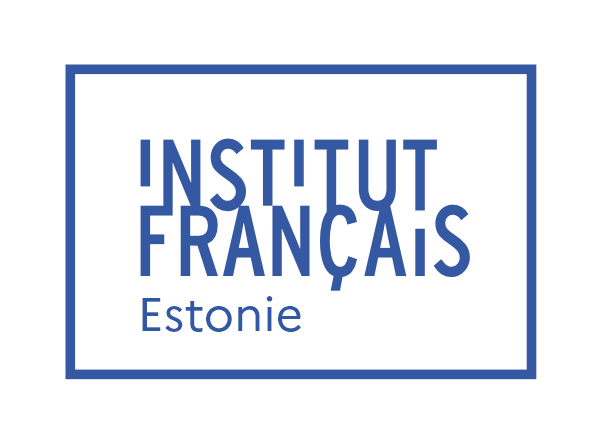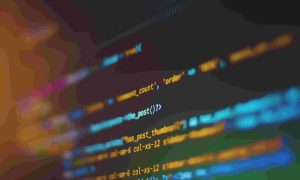Célébrez “Novembre numérique” 2022 avec une série d’évènements dédiés tout le mois de novembre !
En Novembre, l'Institut Français d'Estonie célèbre le numérique, l'innovation et la coopération. Et nous avons mille surprises qui vous attendent dans notre sac ! Encouragez avec nous les femmes réfugiées dans la création de leurs premières entreprises avec le Hackathon de Garage48...
Lire la suite

